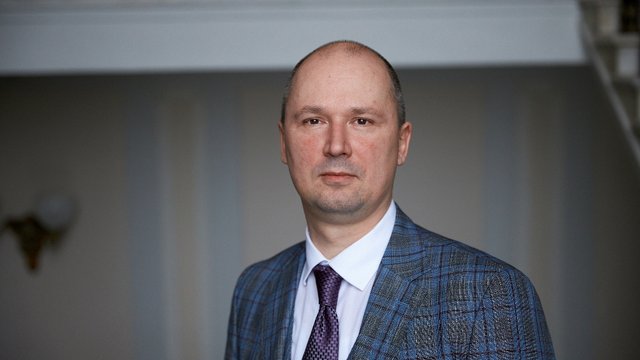Ukraine forms new system of transition from military service to civilian life – MP Tarasenko

A presentation was held in Ukraine of the White Paper and the draft model law on the system of transition from service in the security and defense sector to civilian life – a document that is the result of three months of systematic work, many years of experience working with veterans, an analysis of support policies in other countries, and a study of international practices.
According to the initiator of the draft law, Servant of the People MP Taras Tarasenko, the bill proposes a model consisting of two consecutive phases. The first phase is the in-service stage, which begins even before discharge. It includes an initial survey, a medical check-up, psychological and emotional screening, basic psychoeducation, consultations on social adaptation and the role of the family, career counseling, and the development of a personal recovery plan.
The second phase is the return of a servicemember to civilian life.
"It begins after returning home and helps answer the veteran’s main question: ‘What’s next?’ In this phase, the Ministry of Veterans Affairs, the Ministry of Health, the Ministry of Social Policy, local communities, social services, friends, and comrades are involved—but most importantly, the family. According to the veterans themselves, the family is a key factor in their recovery," said Tarasenko.
He also noted that financial stability is one of the conditions for a successful transition from military service to civilian life.
"The draft law proposes that during the 9-12 months of the second phase, servicemembers receive financial support to ensure basic financial stability. Without a financial foundation, recovery will be incomplete, and decisions will be forced. A person needs time and resources to rethink their path in civilian life," emphasized Tarasenko.
At the same time, the lawmaker stressed that the model for transitioning from military service to civilian life requires the synchronized work of all state and local institutions—without situations where a veteran is forced to go in circles between different services.
"The system should support the servicemember from the very first day of the decision to leave the military and throughout the entire year of transition. Only in this way can we ensure real results and address the individual needs of each person," concluded the member of parliament.
He emphasized that Ukraine is forced to develop its own approach to the reintegration of servicemembers, as no country in the world has faced a war of such scale and nature.
"There is no existing experience in the world that is relevant to the scale of Ukraine’s situation. That is why we are creating our own model—adapted and flexible. It takes into account the fact that discharge from service today mostly occurs due to injuries, trauma, or family circumstances. At the same time, we are anticipating rules for transition during demobilization and for the future professional contract army," said Tarasenko.









